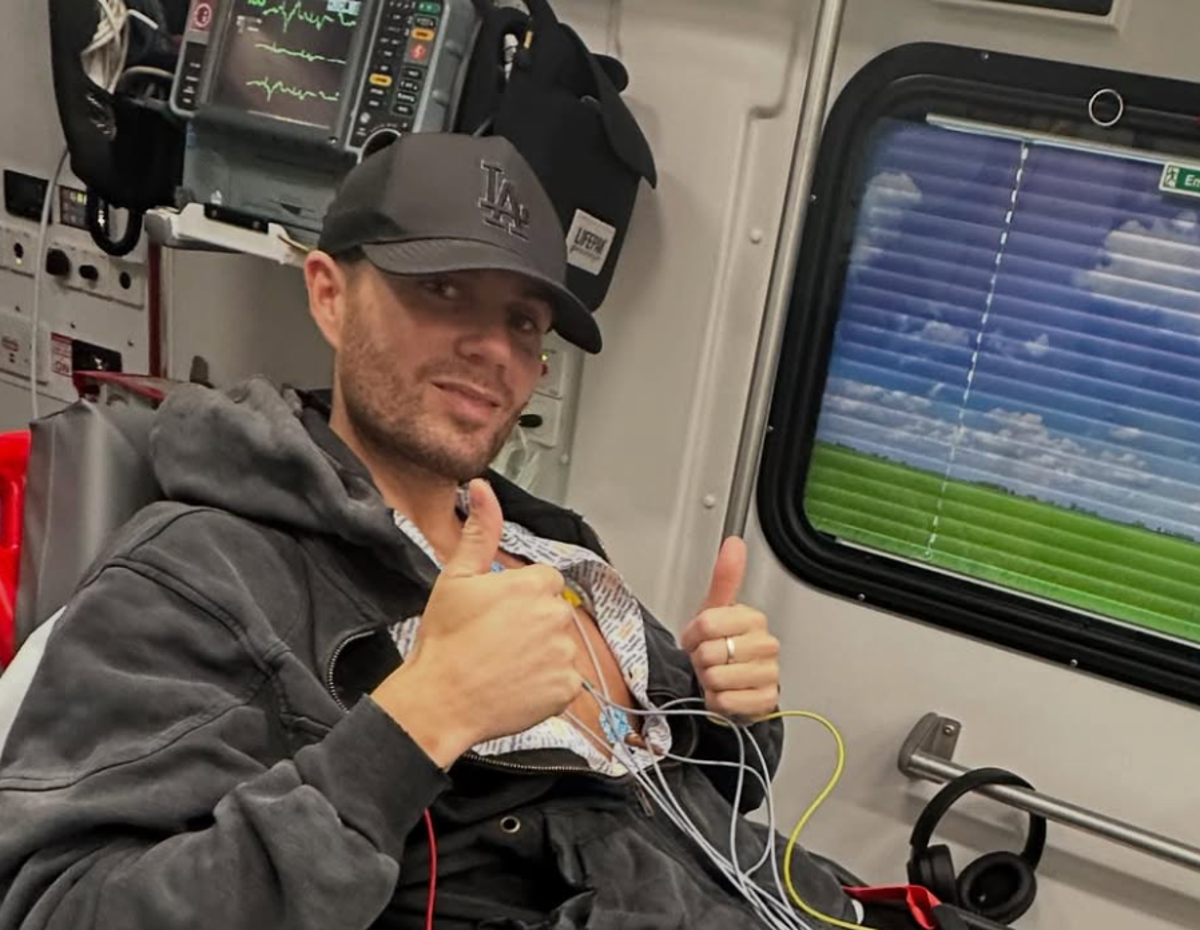The museum has a collection of more than 10,000 pieces, dating from 1816. Many are by Swiss artists, including the Giacomettis, father and son. When I visited, one floor featured a large, temporary exhibition of more than 100 paintings by the Swiss painter Gustav Buchet, an important figure in the avant-garde movements in early-20th-century Switzerland. I was captivated, though, by the more realist paintings of François Bocion, who frequently painted working boatmen along Lake Geneva in the 19th century. Bocion was obsessed with capturing the elusive beauty of light on water, and his obsession is our reward.
The museum isn’t strictly parochial, though. It also owns and displays boldface names, too: Degas, Renoir, Cézanne and Rodin, and there is an exhibition by a pioneer of textile art, Magdalena Abakanowicz, through late September.
The newest addition to Plateforme 10 caps the far end of the plaza: an enormous white cube, its only windows appearing where the cube seems to fracture. The building was designed by the Portuguese architects Francisco and Manuel Aires Mateus and opened in June 2022, along with the plaza. The cube houses the quarter’s two other museums, the Photo Elysée, the canton’s museum dedicated to photography; and Mudac, its museum of design and contemporary applied arts.
Inside, the ground level of this enormous block manages both a solidity and a tent-like airiness. Downstairs, an interactive photography studio was the best of museum education: Visitors can dress up with props, take digital photos and then edit them on a light table — all to teach concepts of framing and composition.
The photo exhibitions were at their best in the Elysée’s contribution to a districtwide exhibition on trains in art, showing photographs by Henri Cartier-Bresson, Nan Goldin and others. Many photos reminded how trains can represent escape and adventure, but also a Hail Mary for the desperate. Black-and-white shots of war refugees piling onto trains, taken 70 years ago, felt like they could have been taken last month.














































